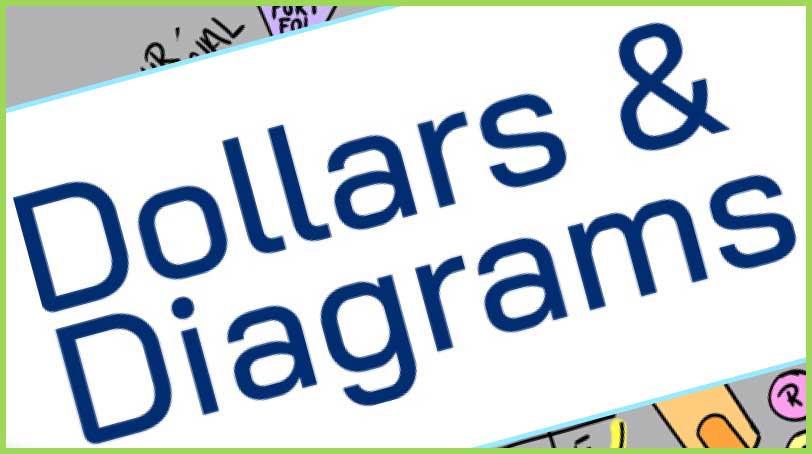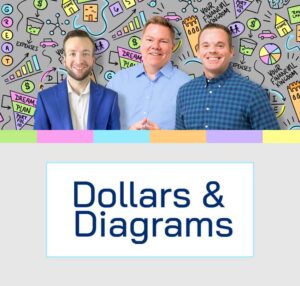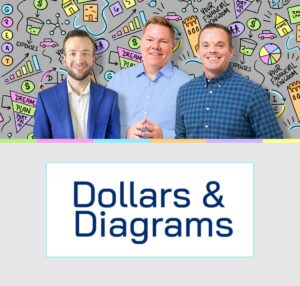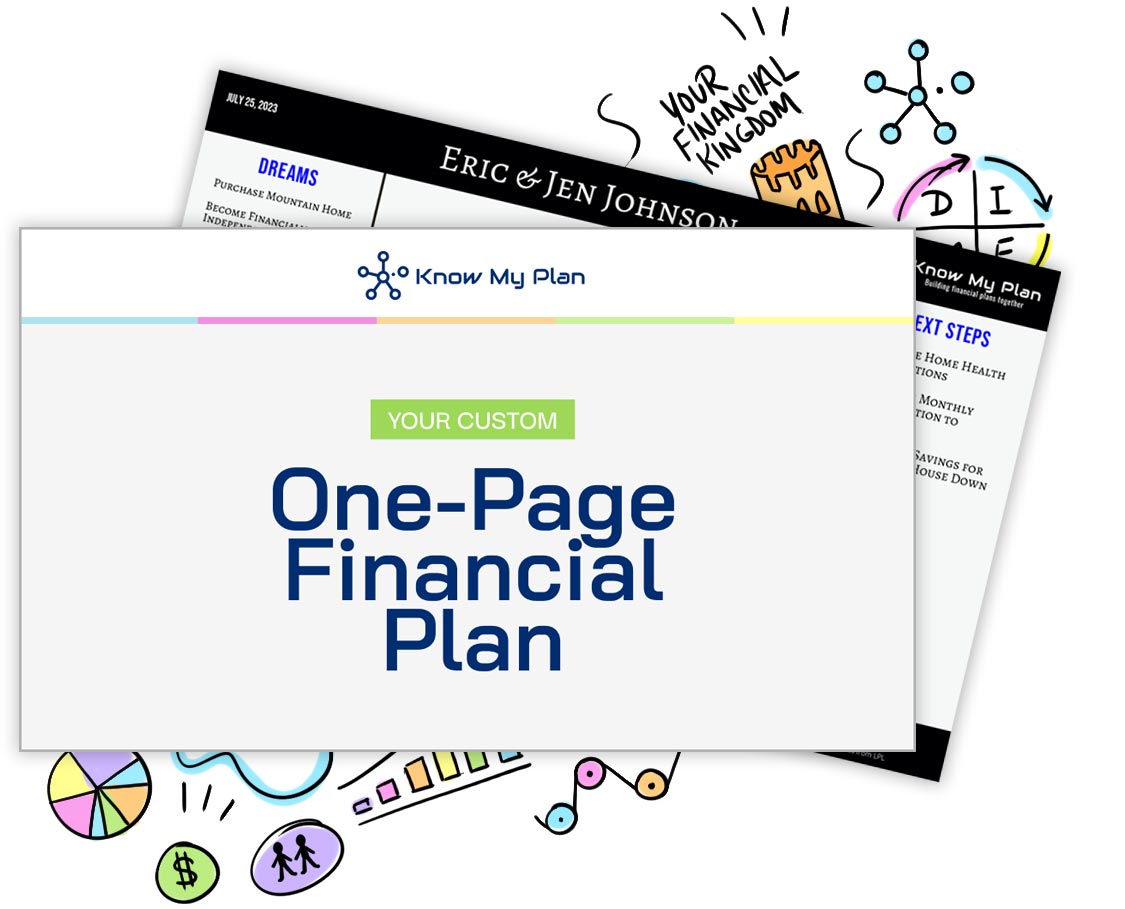I’ve been a financial advisor in some capacity since 2006. I became a CFP® (CERTIFIED FINANCIAL PLANNER) in 2011.
The early book work (learning the job) is largely focused on optimizing a client’s financial situation, which largely leads to recommendations for contributing to employer-based return plans.
Further along, the financial planning coursework, stresses the importance of having a properly funded emergency fund.
As I’ve matured and really lived this myself along with hundreds of clients, one glaring miss through all the literature is its lack of discussion around flexibility.
I’ll expand on this:
You graduate college at 22, little money in the bank, student loan, a new job, maybe exploring an auto loan.
Over the next 15 years (37 yrs old), you do the responsible things you’ve been told you to do:
- Buy a house
- Build an emergency fund of $20k
- Paid off the car and student loans
- Built a 401k with about $300k.
Late 30’s and early 40’s, life starts coming at you faster:
- Several kids
- Bigger house
- Bigger cars
- Endless children’s activities
- Household income is growing… but expenses don’t stop
Everything’s fine in the day-to-day as long as the spigot remains on (paychecks), and/or you don’t have a need for a large sum of money.
These are the situations no one prepared you for—You have very little access to money (cash).
A few thoughts:
I am a huge believe in taking advantage of the full employer match. After that, however, I believe it’s prudent to consider investing in a non-retirement brokerage account.
Is this optimal? Not exactly.
Because every year your brokerage account will distribute a Form-1099 to account for dividends, interest, and capital gains (this does not happen inside of a tax-deferred retirement plan, e.g. 401k, IRA).
30 years ago, this was a huge deal. Tax-efficient investment options were not as readily available as they are today.
However, with the explosion of tax-efficient funds & exchange traded funds, the tax drag is potentially much less today than it was in the past.
I have many more thoughts on this and if you’re a current KMP client you know that we harp on the importance of flexibility and having funds readily available should you need them.
If you’re not a KMP client, please ensure that your financial advisor is having these conversations with you. Having flexible access to funds isn’t just an emergency thing. You may want to leverage that account to borrow for a second home, renovate your current home, adopt children, … there are many reasons, and the worst time to try and find access to funds is when you need it most.
If we’re not currently working together and you don’t have a plan in place, now is the time.
Additionally, if you have questions about how much you should be contributing to various accounts (401k, Roth 401k/IRA, brokerage, HYSA, etc…), reach out. We would love to help provide clarity and help you invest with confidence in your plan.
We’re here when you’re ready.
—Nic
A quick note:
*If you have friends or family that might find this helpful, please forward this their way.
**If we’re not yet working together and you already have an advisor but are considering making a change, please know that we help people do this all the time. It’s a simple transfer process that can be done without you even having to be involved (if you prefer).
Disclosures:
ETFs trade like stocks, are subject to investment risk, fluctuate in market value, and may trade at prices above or below the ETF’s net asset value (NAV). Upon redemption, the value of fund shares may be worth more or less than their original cost. ETFs carry additional risks such as not being diversified, possible trading halts, and index tracking errors. (73-LPL)
This material is for general information and educational purposes only and is not intended to provide specific advice or recommendations for any individual. Investing involves risk including the loss of principal. There is no assurance that the views or strategies discussed are suitable for all investors or will yield positive outcomes.
This material is for general information and educational purposes only and is not intended to provide specific advice or recommendations for any individual. Investing involves risk including the loss of principal. There is no assurance that the views or strategies discussed are suitable for all investors or will yield positive outcomes. ETFs trade like stocks, are subject to investment risk, fluctuate in market value, and may trade at prices above or below the ETF’s net asset value (NAV). Upon redemption, the value of fund shares may be worth more or less than their original cost. ETFs carry additional risks such as not being diversified, possible trading halts, and index tracking errors.





